French President Emmanuel Macron is pushing for 'French Touch' electronic music to be recognized by UNESCO as an intangible cultural heritage—putting it on par with Berlin techno, Jamaican reggae, and Irish harp traditions.
In a recent interview, French President Emmanuel Macron called for the inclusion of French electronic music—popularly known as French Touch—on UNESCO’s list of intangible cultural heritage.
Highlighting its global influence and historical roots, Macron emphasized that France, with pioneers like Daft Punk and Étienne de Crécy, deserves international recognition as the birthplace of electro.
UNESCO’s cultural heritage list celebrates expressions and practices considered vital to a community’s identity.
France has already secured spots for the baguette, the perfumes of Grasse, and traditional music from its overseas territories such as gwoka from Guadeloupe and maloya from Réunion Island.
Inspired by Germany’s move to add Berlin techno to its national registry in 2023, Macron’s push reflects growing acknowledgment of electronic music’s cultural depth.
The French Touch movement was born in the 1990s and blended house, disco, electro, and jazz influences — producing global hits from acts like Daft Punk, AIR, Cassius, and Justice.
Should UNESCO approve the nomination, many fans will no doubt be hoping for a symbolic comeback from Daft Punk to celebrate. As Macron’s vision gains traction, one thing is clear: French Touch is more than a sound—it's a cultural legacy.

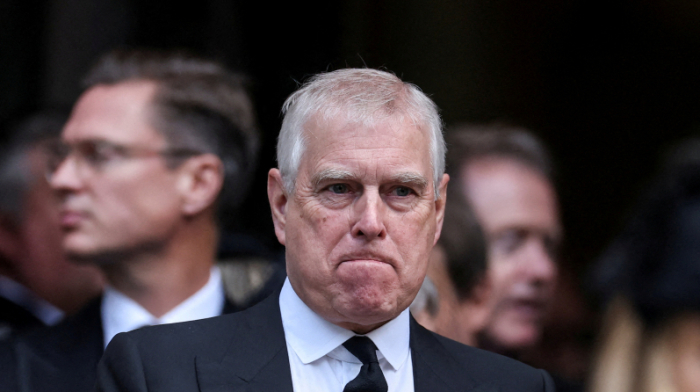



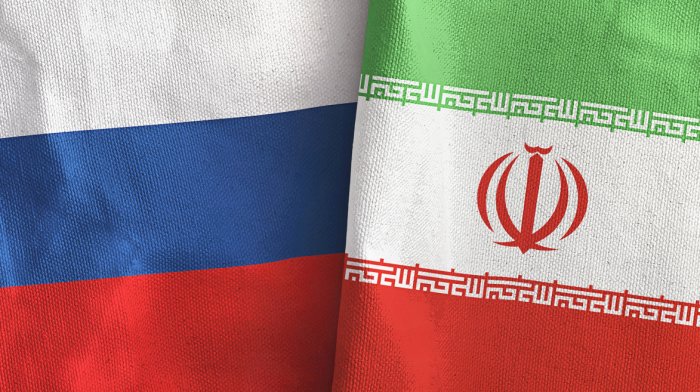


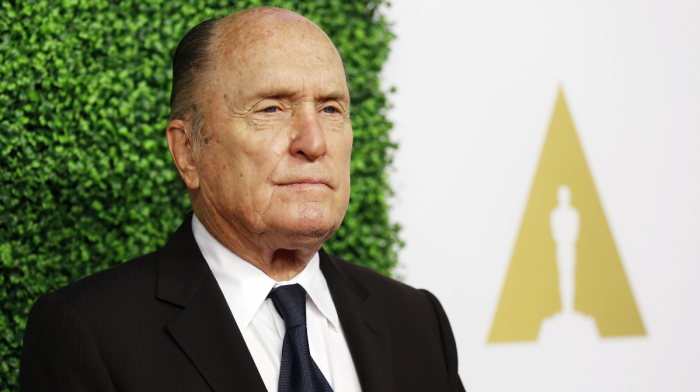




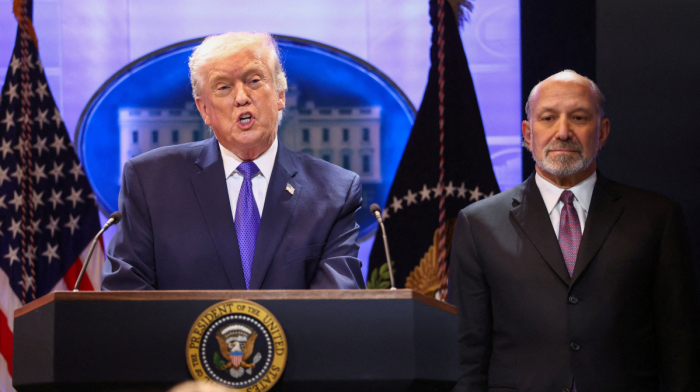

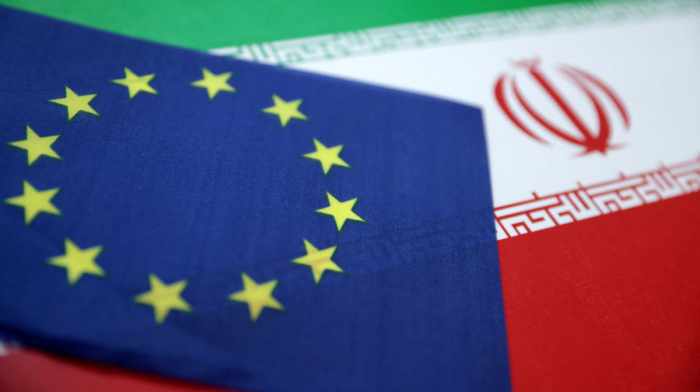
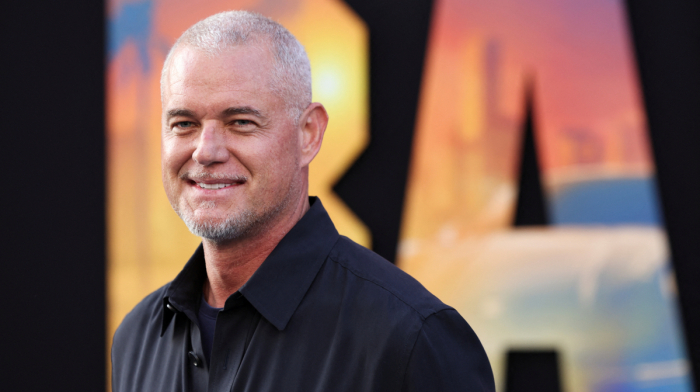




What is your opinion on this topic?
Leave the first comment